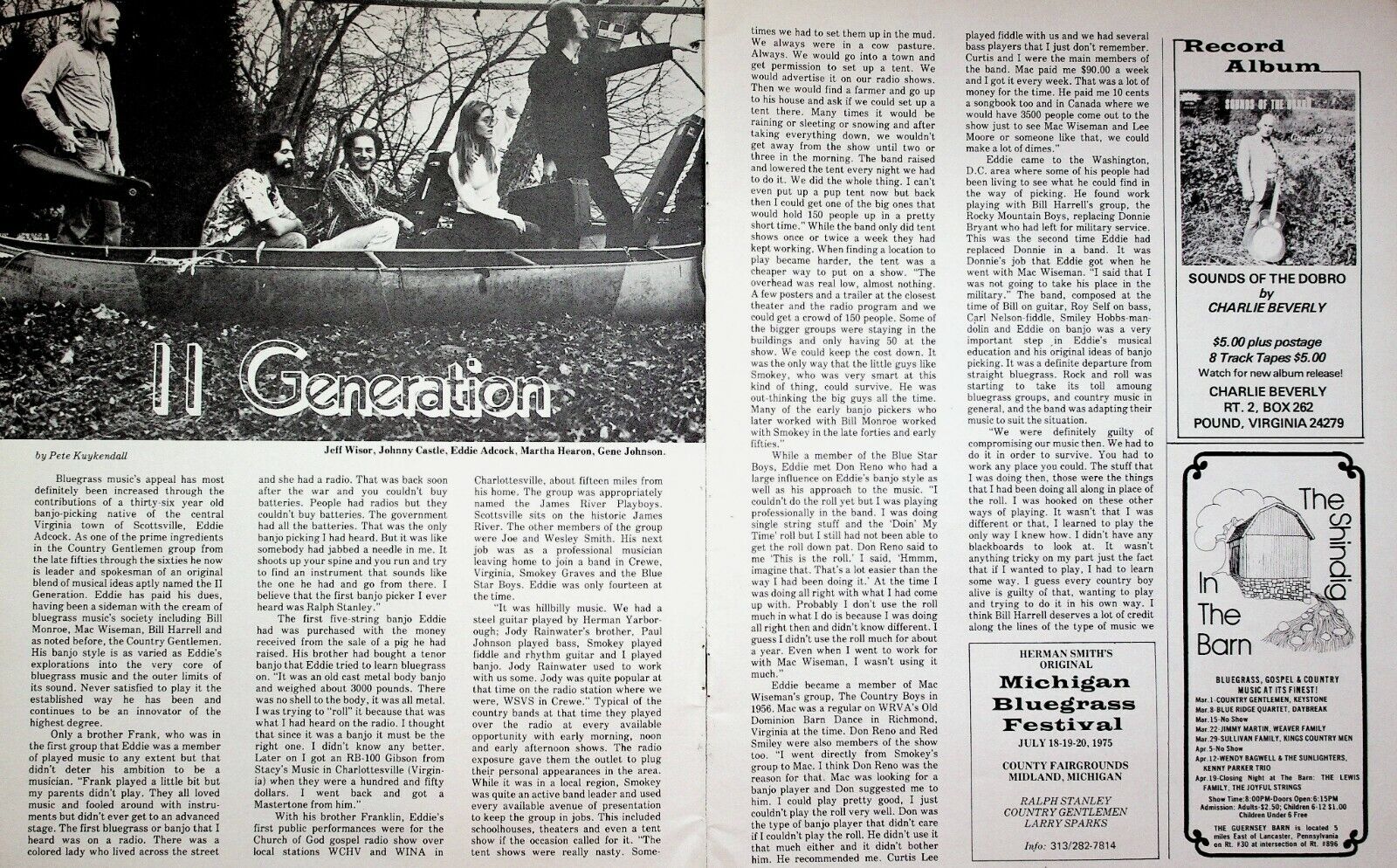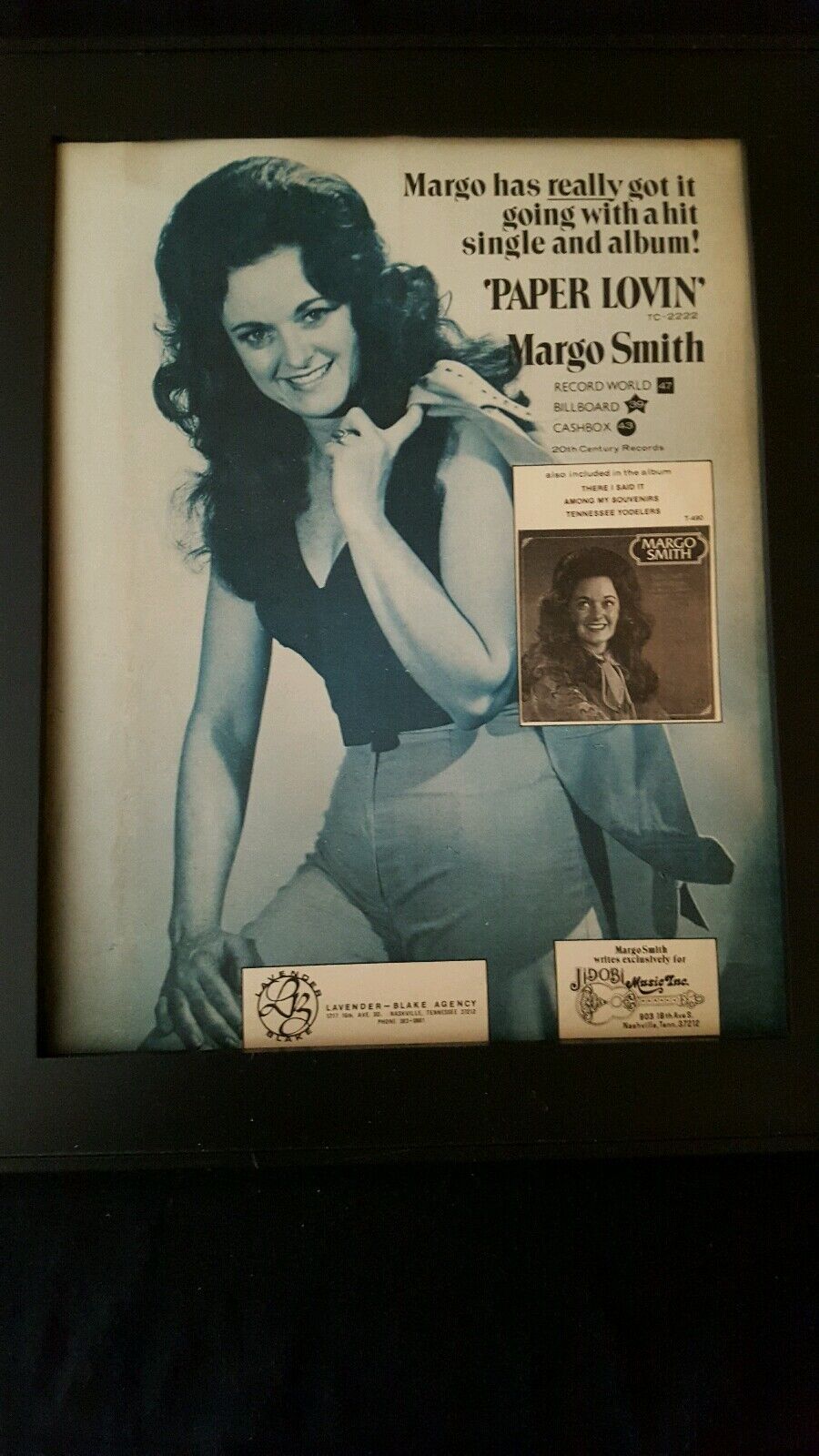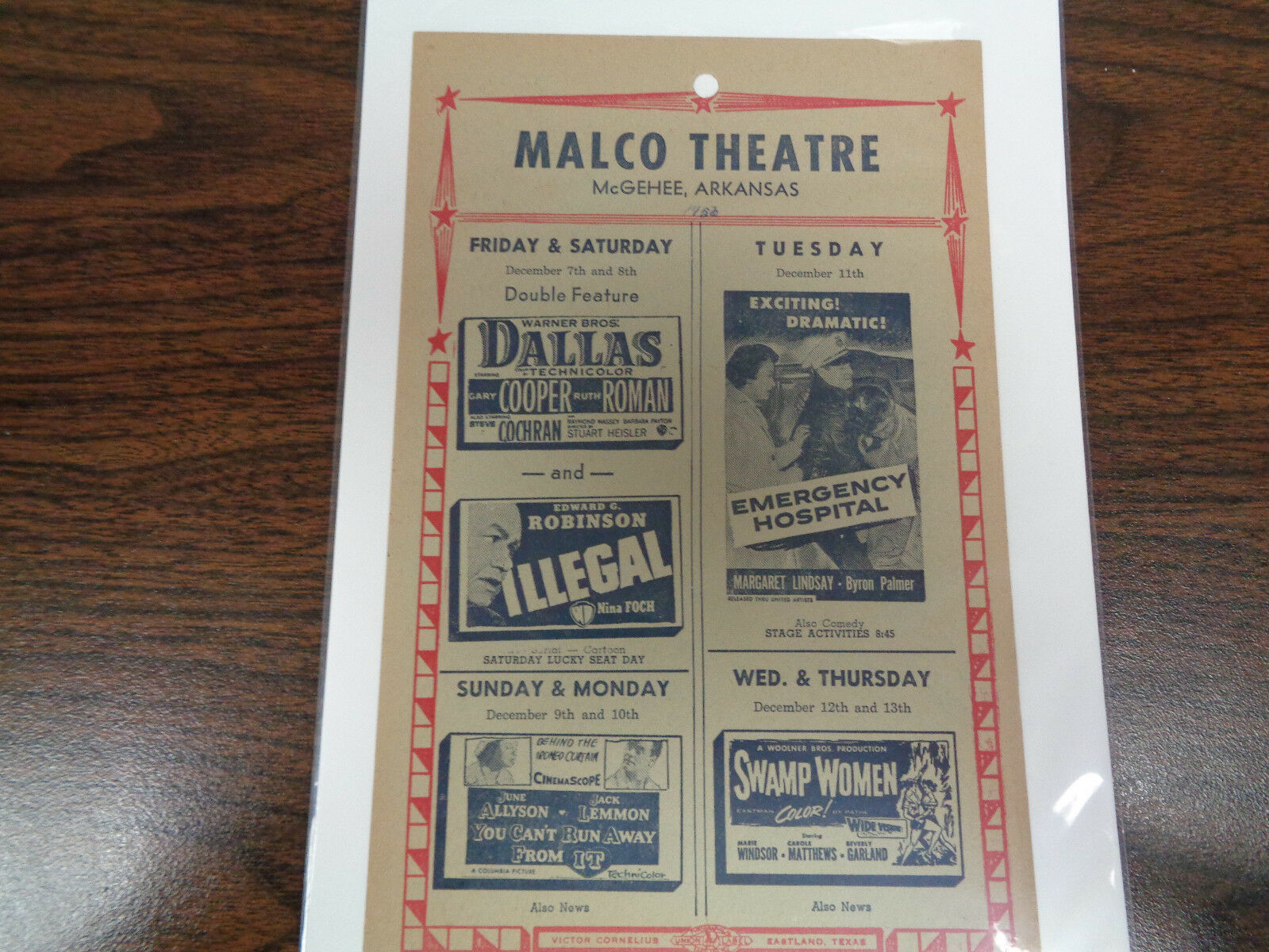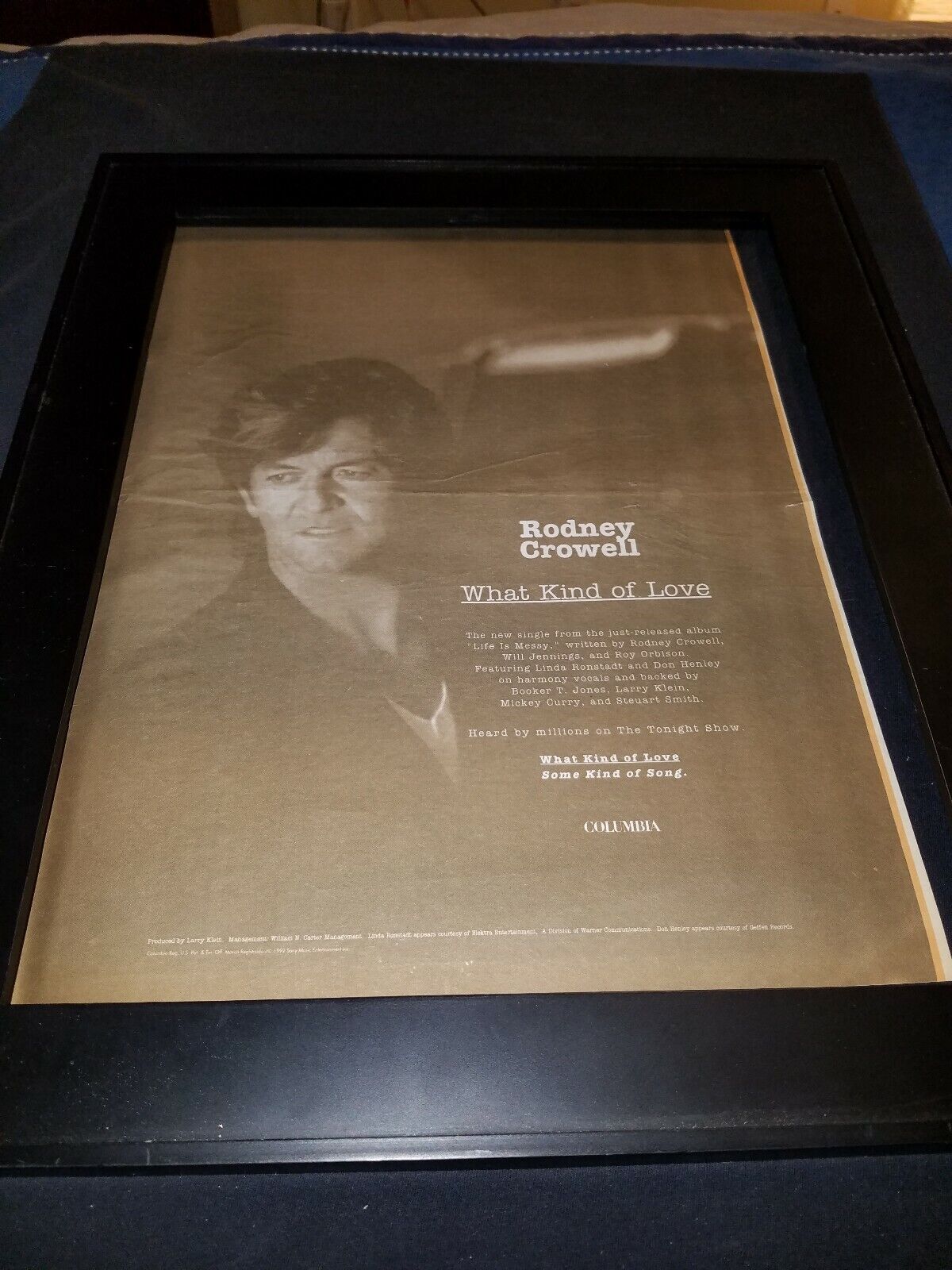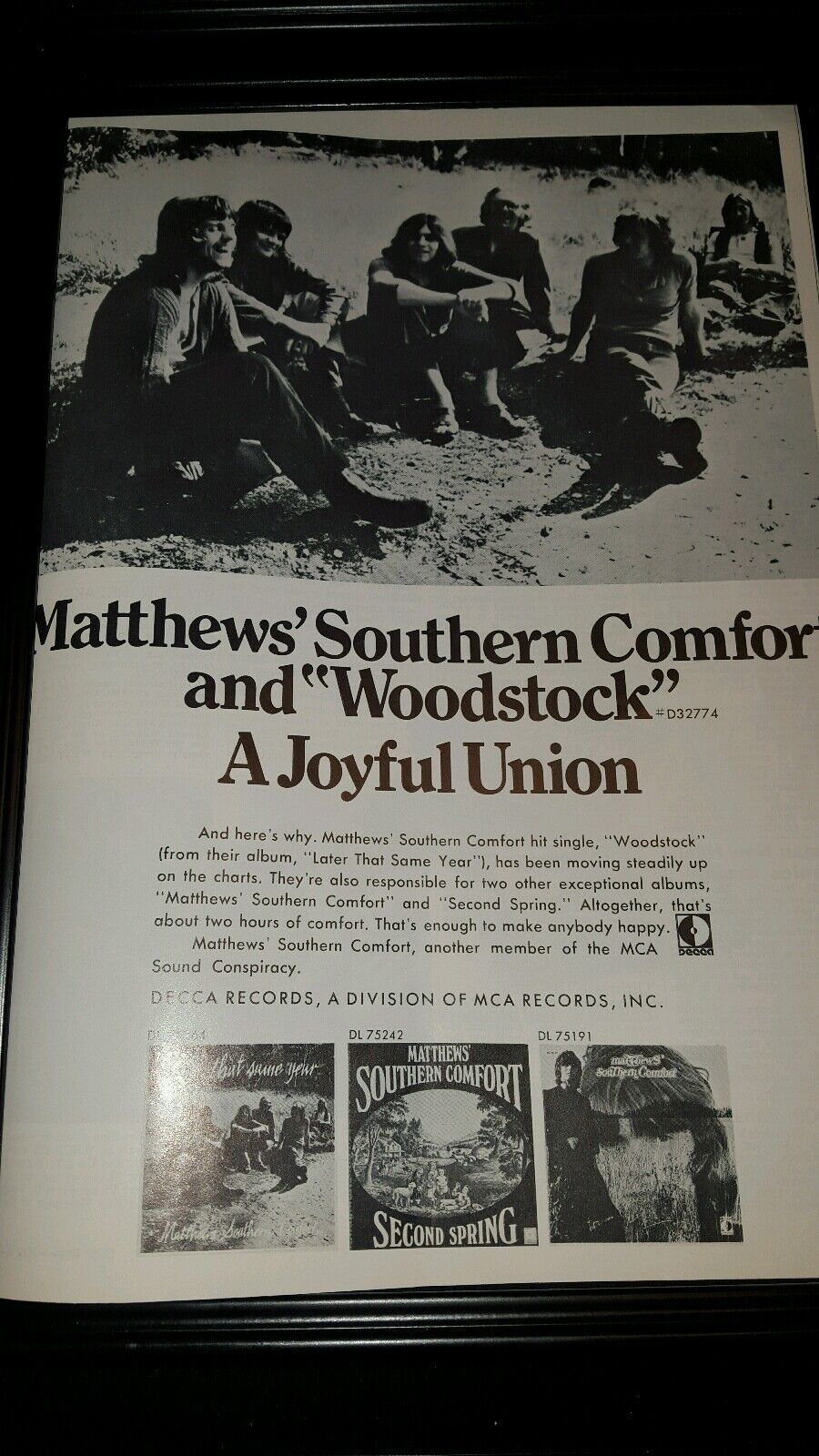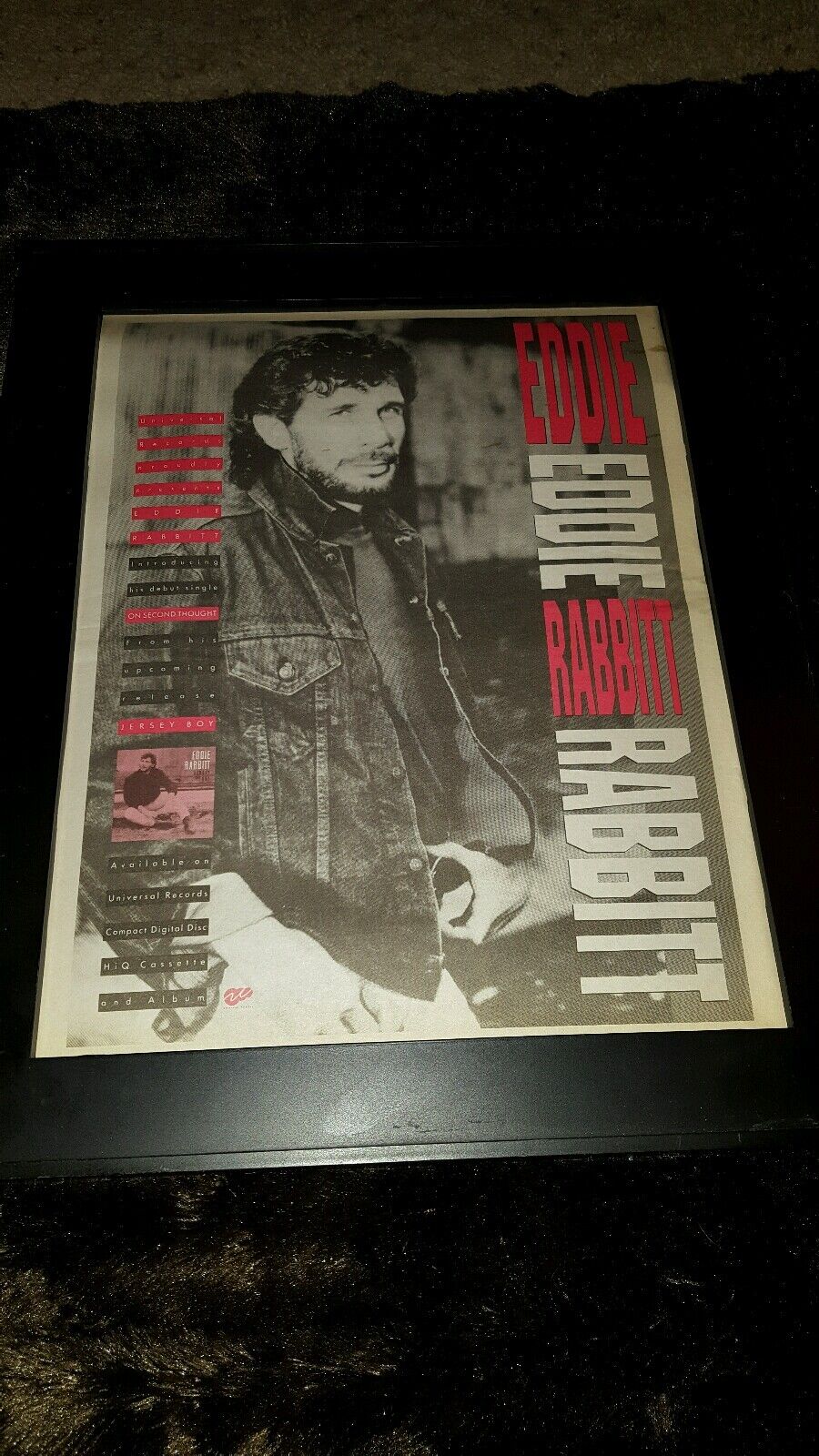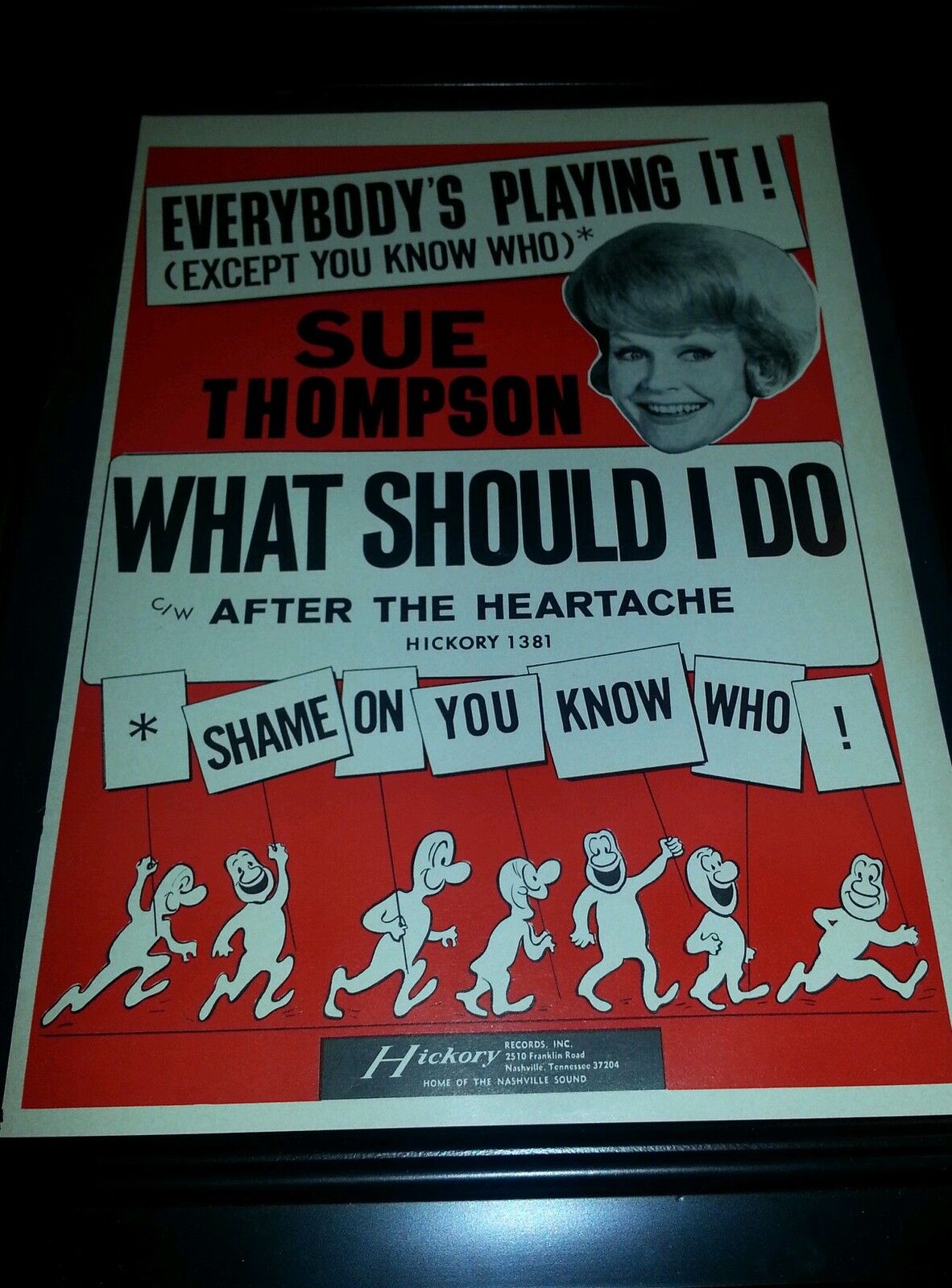-40%
1975 Scottsville VA Bluegrass II Generation Eddie Adcock -6-Page Vintage Article
$ 7.37
- Description
- Size Guide
Description
1975 Scottsville VA Bluegrass II Generation Eddie Adcock -6-Page Vintage ArticleOriginal, Vintage Magazine Article
Page Size: Approx. 8" x 11" (21 cm x 28 cm) each page
Condition: Good
Bluegrass music’s appeal has most
definitely been increased through the
contributions of a thirty-six year old
banjo-picking native of the central
Virginia town of Scottsville, Eddie
Adcock. As one of the prime ingredients
in the Country Gentlemen group from
the late fifties through the sixties he now
is leader and spokesman of an original
blend of musical ideas aptly named the II
Generation. Eddie has paid his dues,
having been a sideman with the cream of
bluegrass music’s society including Bill
Monroe, Mac Wiseman, Bill Harrell and
as noted before, the Country Gentlemen.
His banjo style is as varied as Eddie’s
explorations into the very core of
bluegrass music and the outer limits of
its sound. Never satisfied to play it the
established way he has been and
continues to be an innovator of the
highest degree.
Only a brother Frank, who was in
the first group that Eddie was a member
of played music to any extent but that
didn’t deter his ambition to be a
musician. “Frank played a little bit but
my parents didn’t play. They all loved
music and fooled around with instru-
ments but didn’t ever get to an advanced
stage. The first bluegrass or banjo that I
heard was on a radio. There was a
colored lady who lived across the street
and she had a radio. That was back soon
after the war and you couldn’t buy
batteries. People had radios but they
couldn’t buy batteries. The government
had all the batteries. That was the only
banjo picking I had heard. But it was like
somebody had jabbed a needle in me. It
shoots up your spine and you run and try
to find an instrument that sounds like
the one he had and go from there. I
believe that the first banjo picker I ever
heard was Ralph Stanley.’’
The first five-string banjo Eddie
had was purchased with the money
received from the sale of a pig he had
raised. His brother had bought a tenor
banjo that Eddie tried to learn bluegrass
on. “It was an old cast metal body banjo
and weighed about 3000 pounds. There
was no shell to the body, it was all metal.
I was trying to “roll” it because that was
what I had heard on the radio. I thought
that since it was a banjo it must be the
right one. I didn’t know any better.
Later on I got an RB-100 Gibson from
Stacy’s Music in Charlottesville (Virgin-
ia) when they were a hundred and fifty
dollars. I went back and got a
Mastertone from him.”
With his brother Franklin, Eddie’s
first public performances were for the
Church of God gospel radio show over
local stations WCHV and WINA in
Charlottesville, about fifteen miles from
his home. The group was appropriately
named the James River Playboys.
Scottsville sits on the historic James
River. The other members of the group
were Joe and Wesley Smith. His next
job was as a professional musician
leaving home to join a band in Crewe,
Virginia, Smokey Graves and the Blue
Star Boys. Eddie was only fourteen at
the time.
“It was hillbilly music. We had a
steel guitar played by Herman Yarbor-
ough; Jody Rainwater’s brother, Paul
Johnson played bass, Smokey played
fiddle and rhythm guitar and I played
banjo. Jody Rainwater used to work
with us some. Jody was quite popular at
that time on the radio station where we
were, WSVS in Crewe.” Typical of the
country bands at that time they played
over the radio at every available
opportunity with early morning, noon
and early afternoon shows. The radio
exposure gave them the outlet to plug
their personal appearances in the area.
While it was in a local region, Smokey
was quite an active band leader and used
every available avenue of presentation
to keep the group in jobs. This included
schoolhouses, theaters and even a tent
show if the occasion called for it. “The
tent shows were really nasty. Some-...
14854-7503-34
